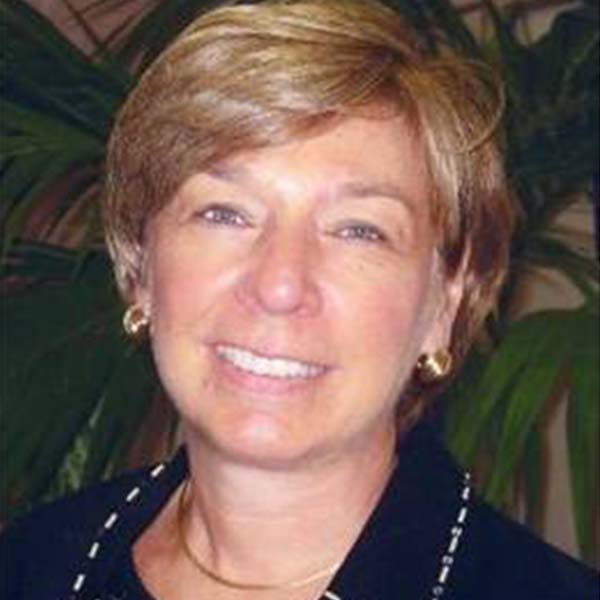
Join our NETWORK
Get all latest news, event updates and access to resources & information.
To recieve a copy of your certificate of completion, please click on the button below, fill in the form and a copy will be emailed you.
Message from Naomi Halpern: This training explores a difficult and confronting topic. It might be considered the ‘last taboo’ in the field of therapy. Some people may have a strong feeling of disquiet reading the outline below. I suggest this would be a positive response. It might be followed by a thought, ‘if I sign up for this people might assume I have done something along these lines.’ We won’t. As a therapist and case consultant over three decades, I have worked with clients who have experienced sexual and other boundary violations by a previous therapist and consulted with many therapists who report the same. Working with a client in the aftermath of such an experience is therapeutically challenging and ethically confronting. If this is an issue that has arisen in your practice or you have worried it might, we want to create a forum to learn and understand the ramifications for your client, yourself and the field. If it hasn’t arisen in your practice you will learn skills to support disclosure where a violation has occurred but the client has not previously felt safe enough to share their experience. I would encourage all therapists to hold any feelings of discomfort and disquiet and explore this issue with Christine, because collectively, we have a responsibility to confront it.
The #MeToo movement, documenting sexual violations across many professional and occupational settings, makes clear that such events are alarmingly common. The psychotherapy setting is not the exception. In fact, the nature of psychotherapeutic work may contribute to vulnerabilities given the powerful and intimate emotions engendered and the transference and countertransference responses that are relationally stimulated. Clinicians who treat the victimized client in subsequent therapy and those who treat or supervise the offending therapist face special challenges and require specialized knowledge.
Most clinicians operate under the belief that they would never get sexually involved with a client and assume that SBVs are only perpetrated by colleagues who are highly impaired in some way (“the other”). And, when such violations come to light, many castigate and shun the therapist or patient (or both) or look on as passive bystanders and do not involve themselves.
SBVs are solely the responsibility of the therapist, regardless of the circumstance. They often have profound and life-changing effects for both members of the dyad and for many third parties (known colloquially as collateral damage). They therefore deserve ongoing study and more sophisticated attempts at education, prevention, and intervention for both offender and those offended against.
This webinar will provide an overview of contemporary knowledge and issues regarding sexual boundary violations based on a recently published book co-edited by the presenter. It will place these issues squarely in the context of transference, countertransference, and other relational issues such as traumatic reenactment, victim-victimizer dynamics, life transitions, and burnout. Specific issues to be addressed include a brief historical overview of SBVs including prevalence findings, as effected by racial and cultural contexts and issues of intersectionality, and new challenges and risks associated with the digital age and social media.
Victim statements and narratives will be presented to give a personal voice and perspective to these issues. We will further discuss issues related to witnessing/discovery, disclosure, reporting, and termination of the relationship, as they often create conditions of second injury and retraumatization at both the personal and organizational level.
To generate your course completion certificate, please enter your details in the form below and a copy of your certificate will be emailed to you shortly.

Christine A. Courtois, PhD, ABPP, is a board-certified counselling psychologist, retired from clinical practice in Washington, DC, is now a licensed psychologist, author and consultant/trainer on trauma psychology and treatment in Bethany Beach, Delaware. She is known for her work on adult survivors of developmental trauma in childhood and complex trauma and its treatment. Her co-edited book, Sexual Boundary Violations in Psychotherapy, was recently published; the revised edition, Treating Complex Traumatic Stress Disorders co-edited with Dr. Julian Ford, was published in 2020. In addition to other professional books, she has written a consumer book entitled It’s Not You, It’s What Happened to You.
Dr. Courtois served as Chair of the Clinical Practice Guideline for the Treatment of PTSD in Adults for the American Psychological Association (2017) and is past president of APA Division 56 (Trauma Psychology). She co-founded and was Clinical and Training Director of a specialized inpatient and day treatment program, The CENTER: Posttraumatic Disorders Program in Washington, DC.
She has received recognition for her work from several state, national, and international professional organizations, including the Cornelia Wilber Award and the Lifetime Achievement Award from the ISSTD.
Christine presented for Delphi in 2007 and 2014 (with Julian Ford). She is presenting gain in 2022.

Delphi Training and Consulting acknowledges Aboriginal and Torres Strait Islander Peoples as the Traditional Owners and Custodians of the lands and waters which we share. We pay our respects to Elders past, present and future. We acknowledge and recognise it is the oldest living culture in the world and that sovereignty has never been ceded. It always was and always will be Aboriginal land.


Delphi is an inclusive and safe organisation. We respect, celebrate and support diversity, the inclusion of children, young people and adults from LGBTQIA+ communities, people with disabilities, people from CALD backgrounds and people with diverse religious beliefs or affiliations.


Get all latest news, event updates and access to resources & information.

To recieve a copy of your certificate please enter your details in the form below, you will recieve a copy of your certificate after submission.